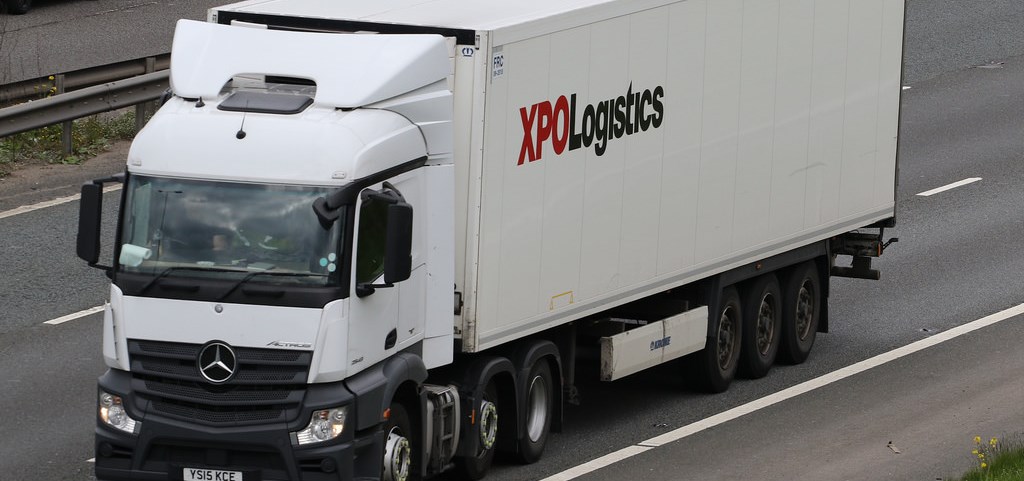Food shortages threat
Some of Britain’s biggest retailers have warned of food shortages and rocketing prices in the event of a no deal Brexit, as Unite called on Theresa May to take the disastrous option off the table.
Asda and Sainsbury’s are among the retailers who warned last night (28 January) of the “significant risks” involved if May crashes the country out of the EU, as MPs prepare to vote this evening on whether to force the government to delay the 29 March Brexit deadline and prevent a possible no deal.
A letter from the British Retail Consortium (BRC) – also signed by Waitrose, Lidl, The Co-op and Marks & Spencer – to MPs stated: “(No deal) will reduce the availability and shelf life of many products in our stores.”
Food tariffs and delays in the supply chain will result in soaring prices for consumers, the consortium told MPs.
Meanwhile, it also emerged that doctors fear those unable to afford healthy food in the event of rocketing Brexit costs will be more at risk from strokes and heart attacks.
A no deal Brexit would mean the UK is thrown onto World Trade Organisation (WTF) rules, potentially increasing the costs of healthy staples such as bananas by 17 per cent, tomatoes by 15 per cent and lemons and oranges by 14 per cent.
Half of all vegetables consumed in the UK come from abroad, as does more than three quarters of all fruit.
Around a third of all the UK’s food is from the EU, which would be slapped with tariffs under a no deal Brexit.
Retailers warn that tariffs combined with a dramatic drop in cross Channel freight, which according to the government’s own analysis could fall as much as 87 per cent, may lead to food shortages.
The BRC letter said, “We are extremely concerned that our customers will be among the first to experience the realities of a no-deal Brexit.
“As prudent businesses we are stockpiling where possible, but all frozen and chilled storage is already being used and there is very little general warehousing space available in the UK.”
If a no deal occurs in March shortages of fresh produce could be particularly noticeable.
This is because 70 per cent of soft fruits, 80 per cent of tomatoes and 90 per cent of lettuces come from Europe due to the UK’s growing season.
The worst case Brexit scenario was warned of by retailers as the British Medical Journal published research showing that there could be 12,400 more deaths in England over the next 10 years as less people eat fruit and vegetables.
An Imperial College London study featured in the journal said any Brexit scenario would decrease the amount of fresh produce entering the country, but that no deal would be the “costliest and most harmful” choice.
Unite national officer for food, drink and agriculture Sue Pollard warned that Theresa May is taking the country ever closer to a cliff edge with her refusal to rule out a no deal Brexit.
Pollard said, “As has been made clear, crashing out of the EU will not only impact jobs but people’s health as well.”
A no deal Brexit could also open the UK up to cheap food imports that would be bad for the consumers and the food industry, Pollard explained.
She said, “Hard right Brexiteers in the Tory party have been advocating for dropping tariffs and allowing cheaper substandard food – such as cohroinitated chicken and hormone fed beef from the US – into the country.
“Such as move would not only make our food supplies less nutritious and more unhealthy, it would devastate our own FDA sector. We need to remain within a customs union with the EU so food supplies are not disrupted and retain hard won workers rights that would be under threat from chaos of no deal Brexit.
“In the long term we must boost the UK’s food security through investment in skills and training to increase home grown produce and provide decent jobs.”
Unite member and food security expert Charlie Clutterbuck said post-Brexit farming policies need to include reinstating the Agricultural Wages Board to end low wages and encourage “careers for life on the land” if the UK is to produce more of its own food.
He added, “The government should be putting in a lot more in too – rather than running down research stations for the last 30 years. We need them to work out what will grow best – where, and when.”
 Like
Like Follow
Follow


